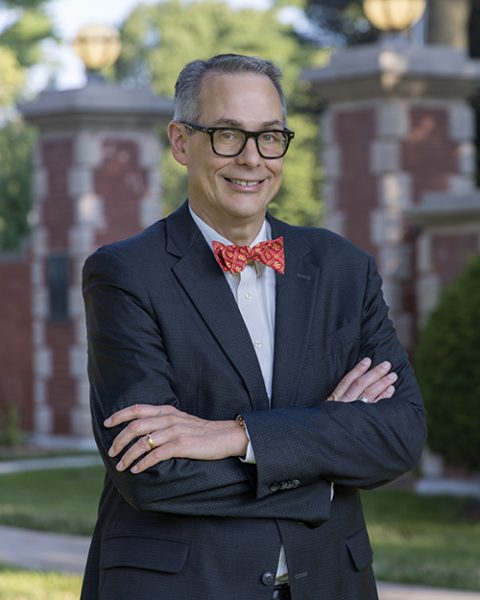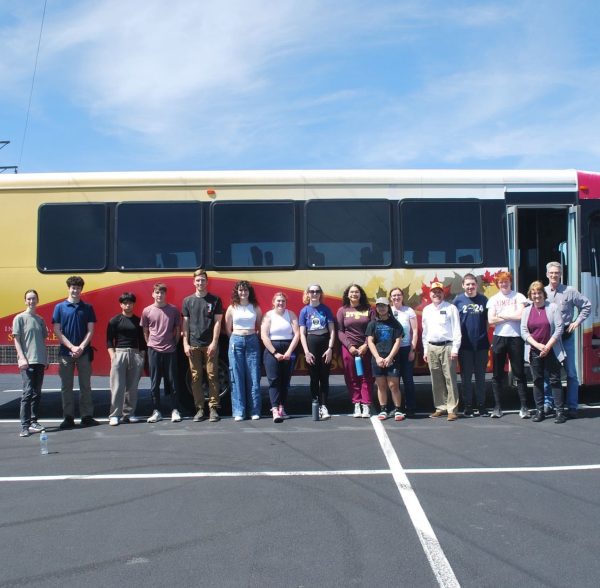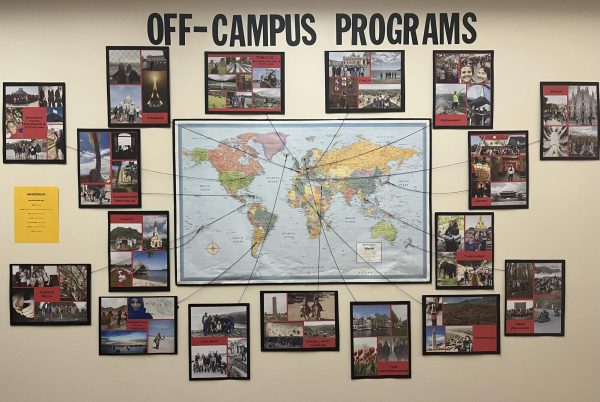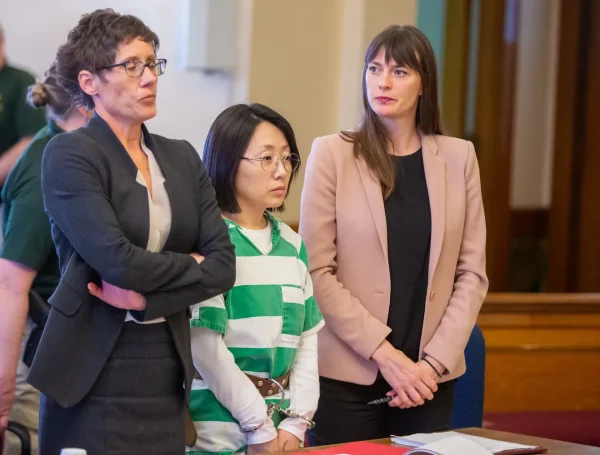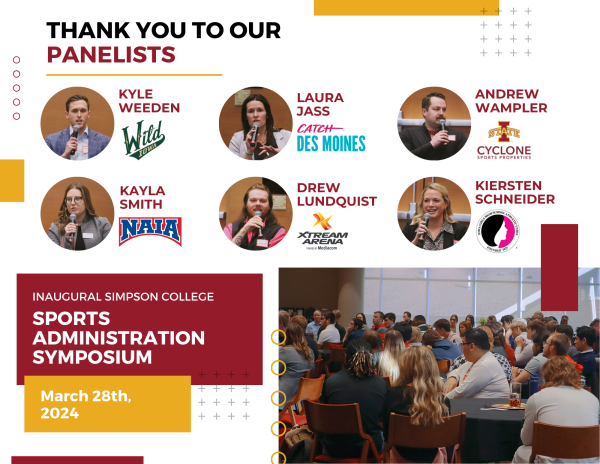Realizing the realities of poverty
April 7, 2015
According to the US Census Bureau, 14.5 percent of Americans live in poverty every day. That’s more than 45 million people. To many college students, poverty is word, an abstract idea they can empathize with, but not really understand. The Wesley Service Scholars (WSS) program is working to change that.
On Campus Day, WSS hosted a poverty simulation. Participating students received roles as part of a family, some parents and some children. They experienced the realities of poverty over the four-week simulation.
Junior Marissa Belau, the undergraduate assistant (UGA) of WSS, helped plan the simulation.
“This year we have around 50 students participating, and 15 faculty and staff helping out,” she said. “The hope is that this will raise awareness about poverty, and show students what it’s like. I hope that it’s really eye-opening.”
The simulation brought up things like rent, groceries and clothes shopping, activities many students have encountered before. But it also raised issues of childcare, prioritizing payments and the ease of getting involved in illegal activities.
Sophomore Cassie Nemmers brought up illegal activities during the general discussion after the simulation ended.
“I can definitely see how tempting it would be to take those options,” she said. “It’s easy to allow yourself to do bad things for the right reasons.”
Nemmers’ family, like several others, gave in to these temptations.
“The first two weeks we refused,” she continued. “But the last two weeks we gave in because we needed the money so badly. We made $100 easily, all we had to do was sell a few social security cards.”
Although she and her family didn’t get caught, many others did. The families then faced the social and financial consequences of their actions.
Junior Maureen Snook talked about how challenging it was not knowing what to do.
“It was frustrating, we didn’t know what we were supposed to do,” she said. “But that’s more realistic, you’re not handed a book of life that tells you how to do it all.”
Annie Fullas, 2014 graduate and part-time service coordinator, is hoping for more than just raised awareness.
“I do hope that students get a better sense of what it’s like for families that live in poverty,” she said. “But I also hope that students feel called to help out, to get involved with the community. We provide the resources for them to do so.”






